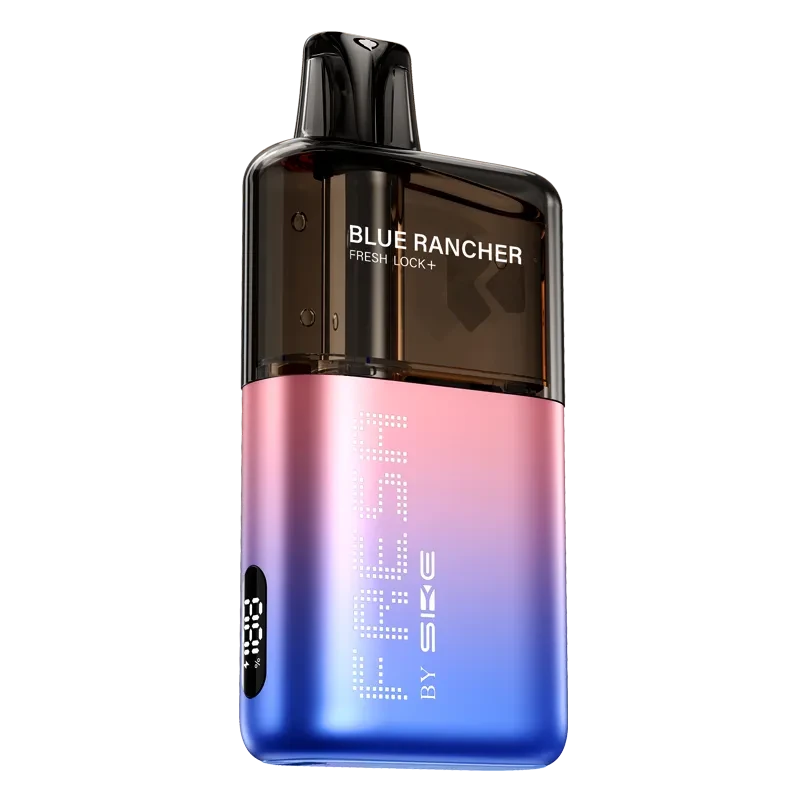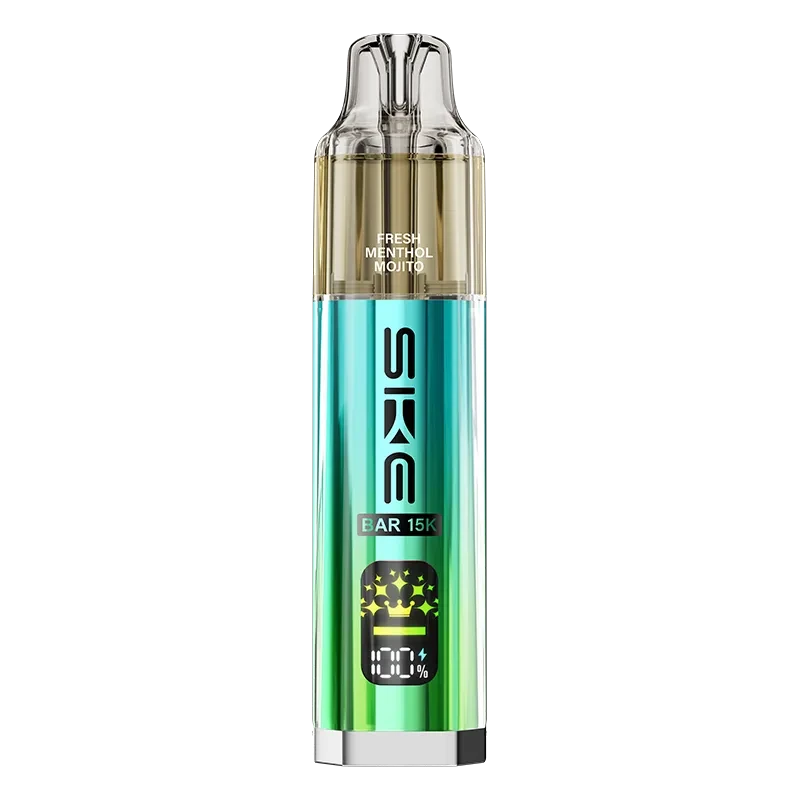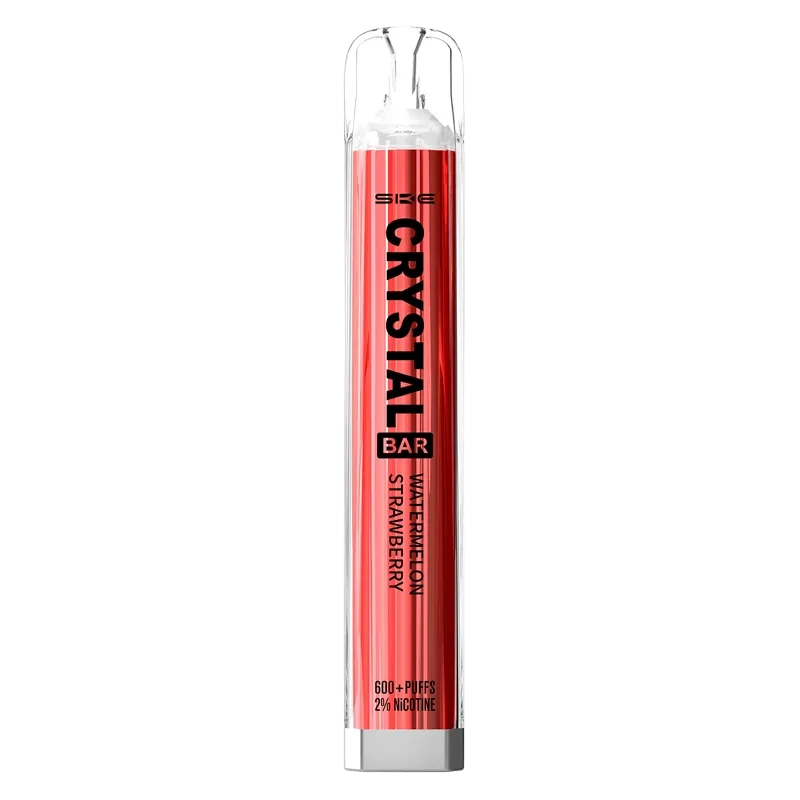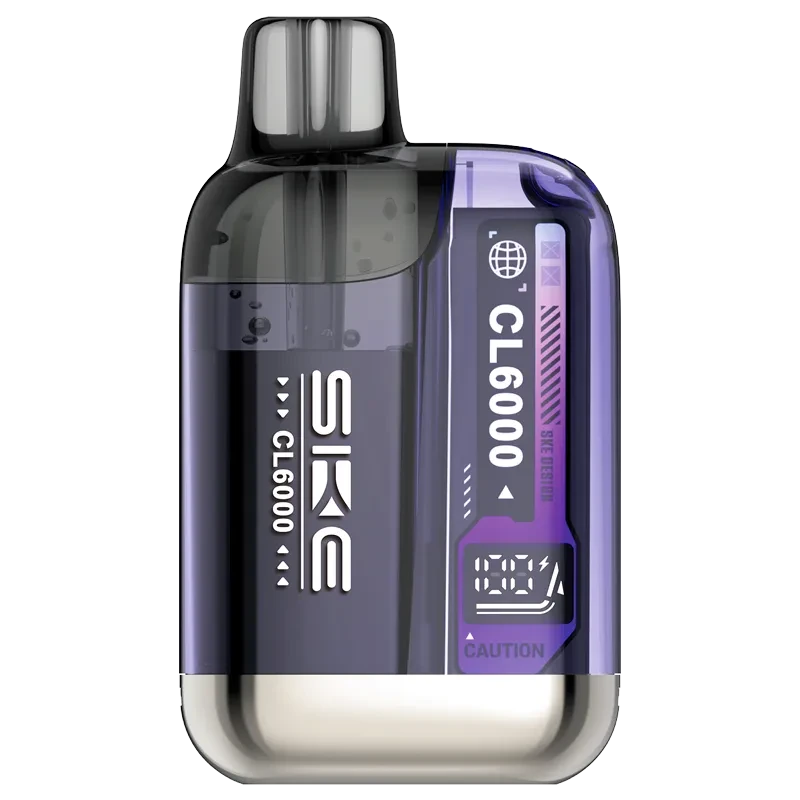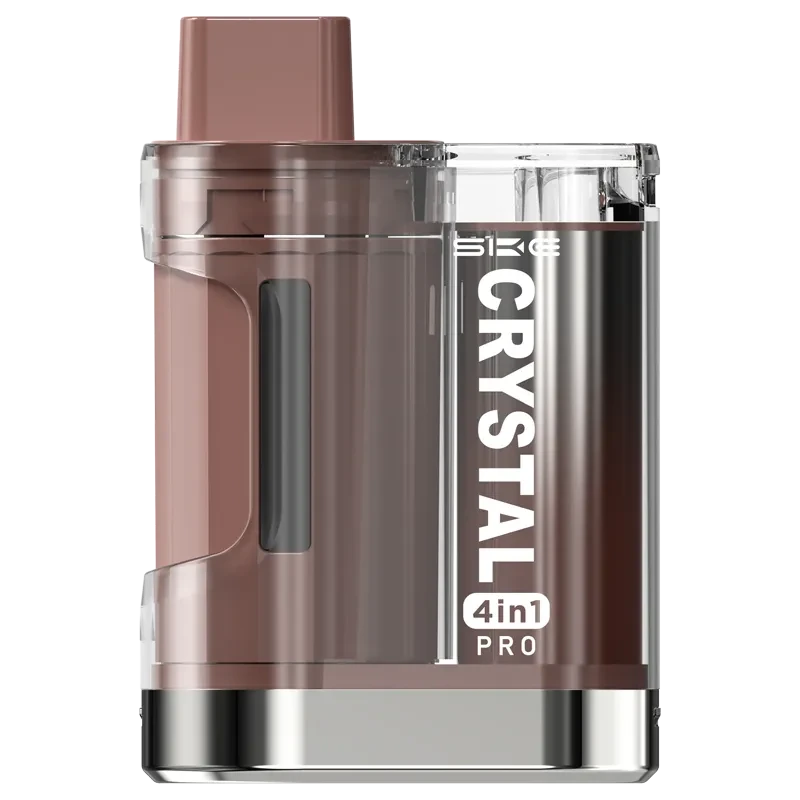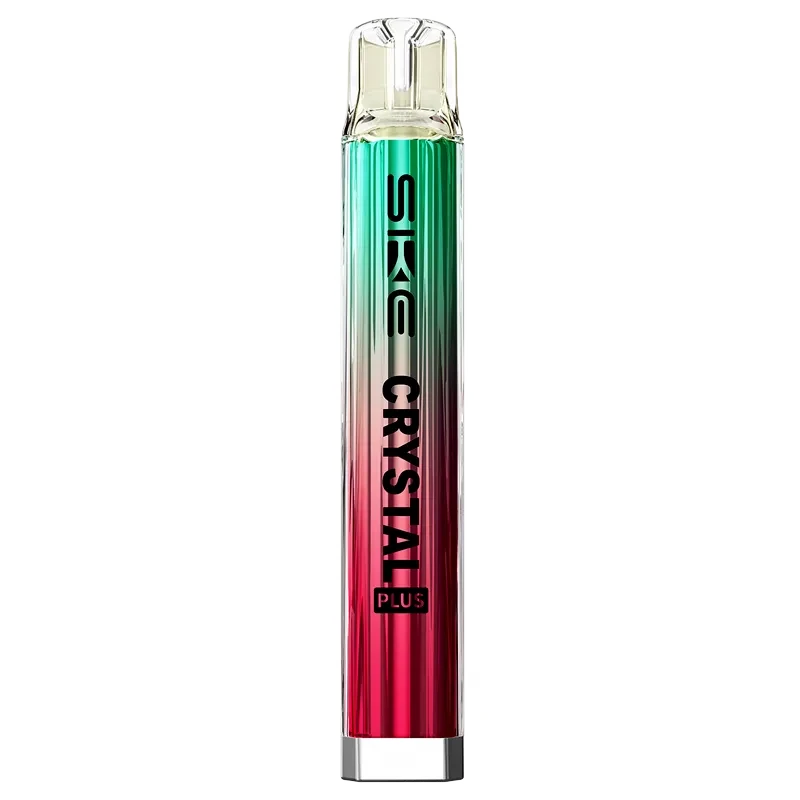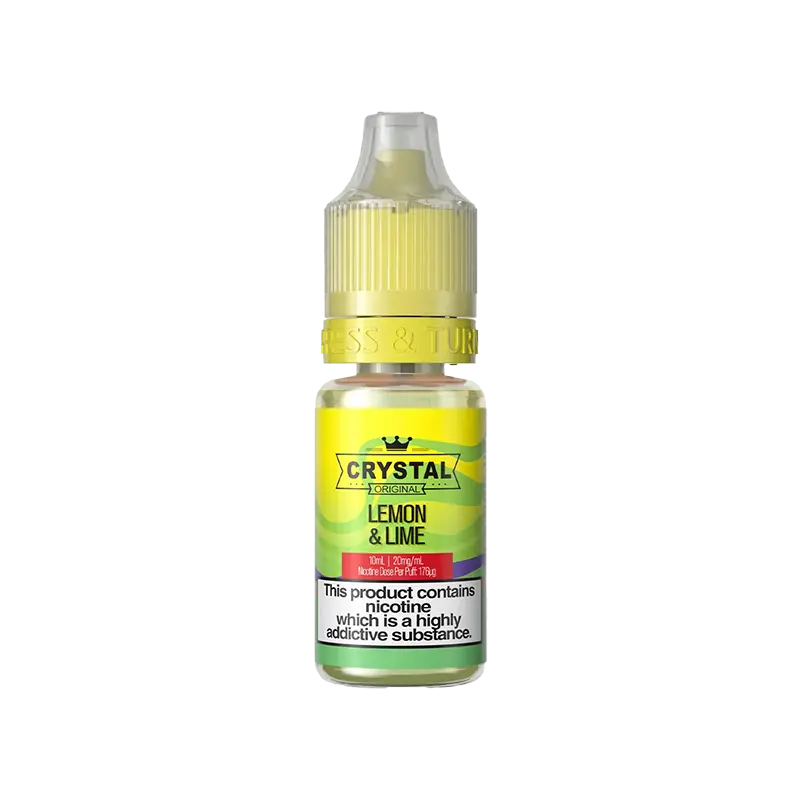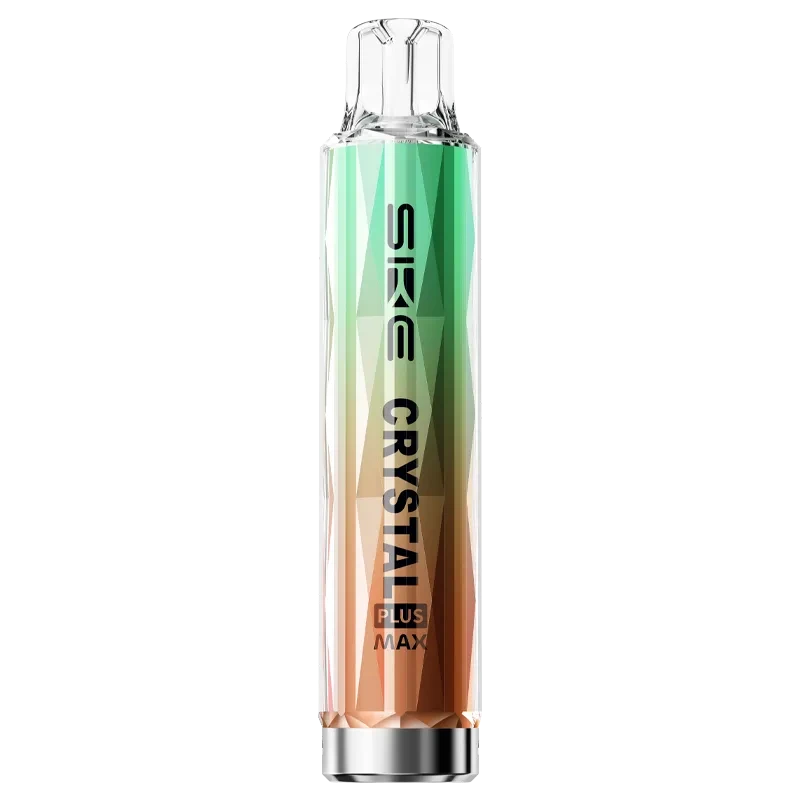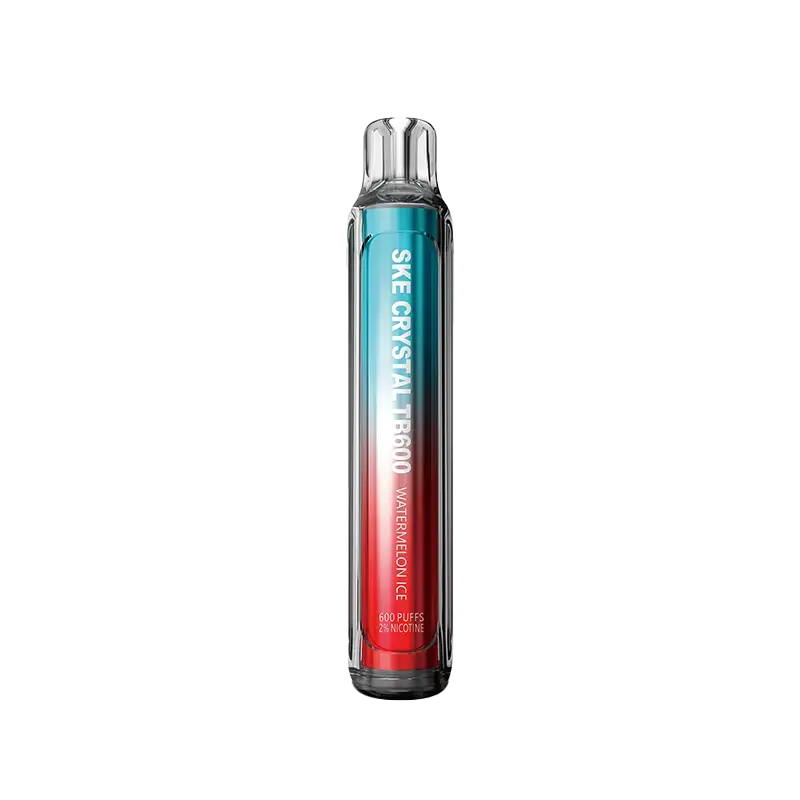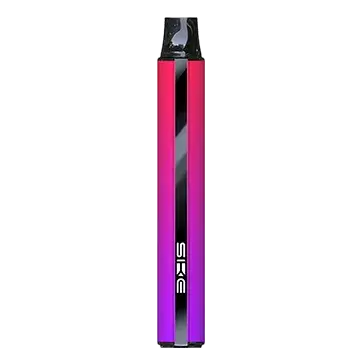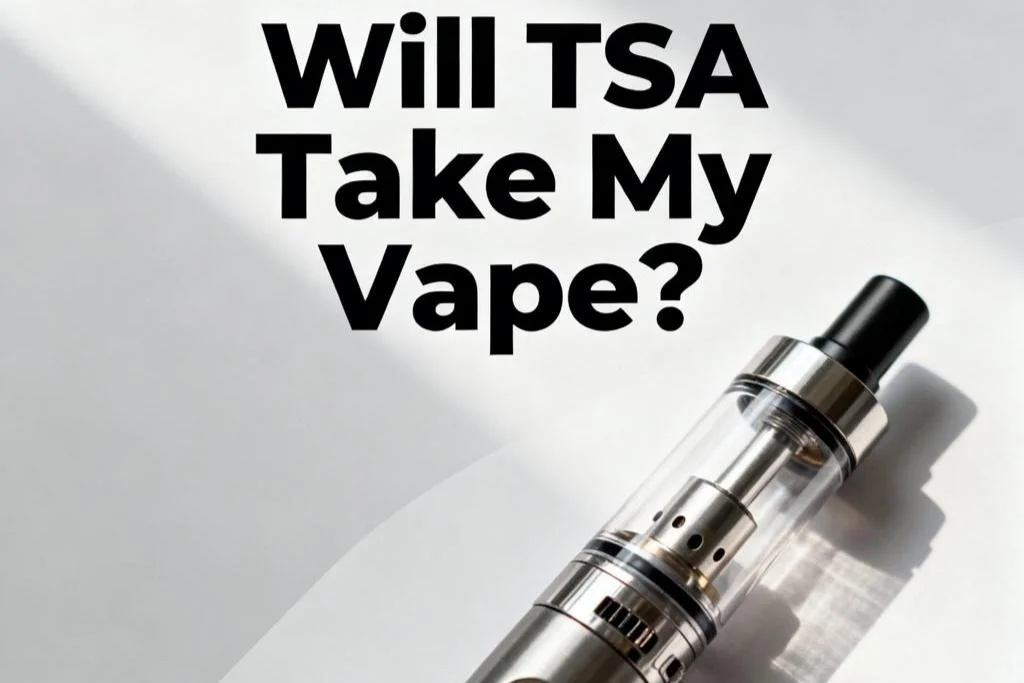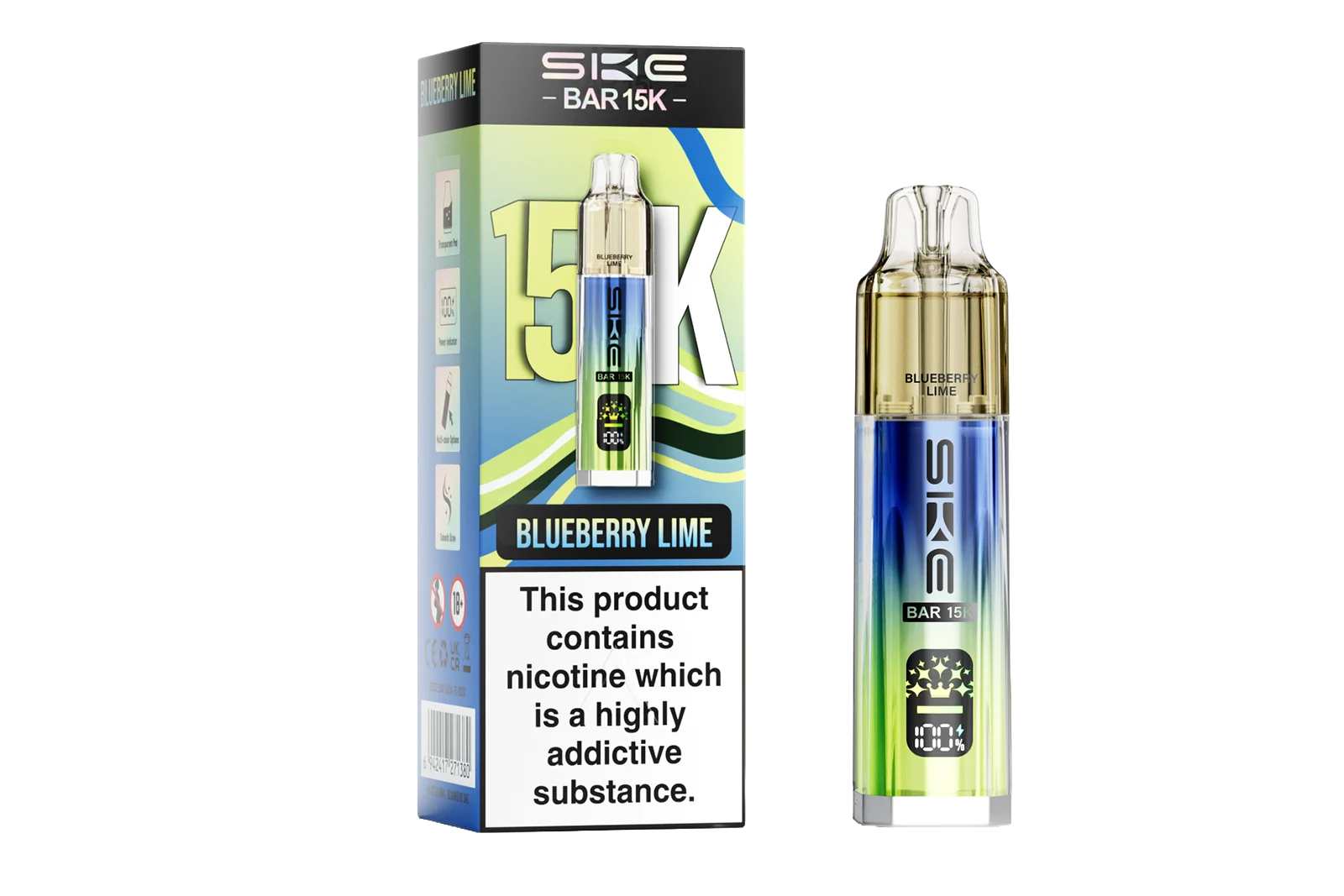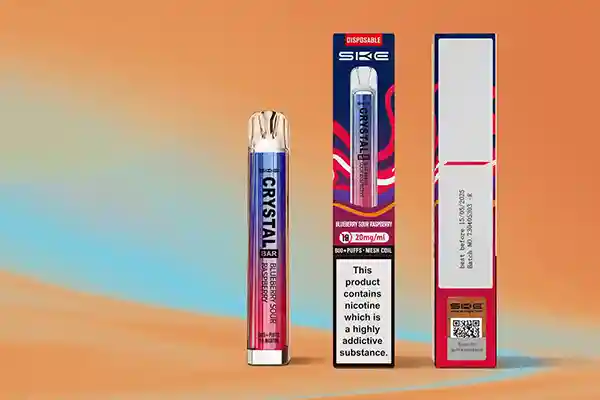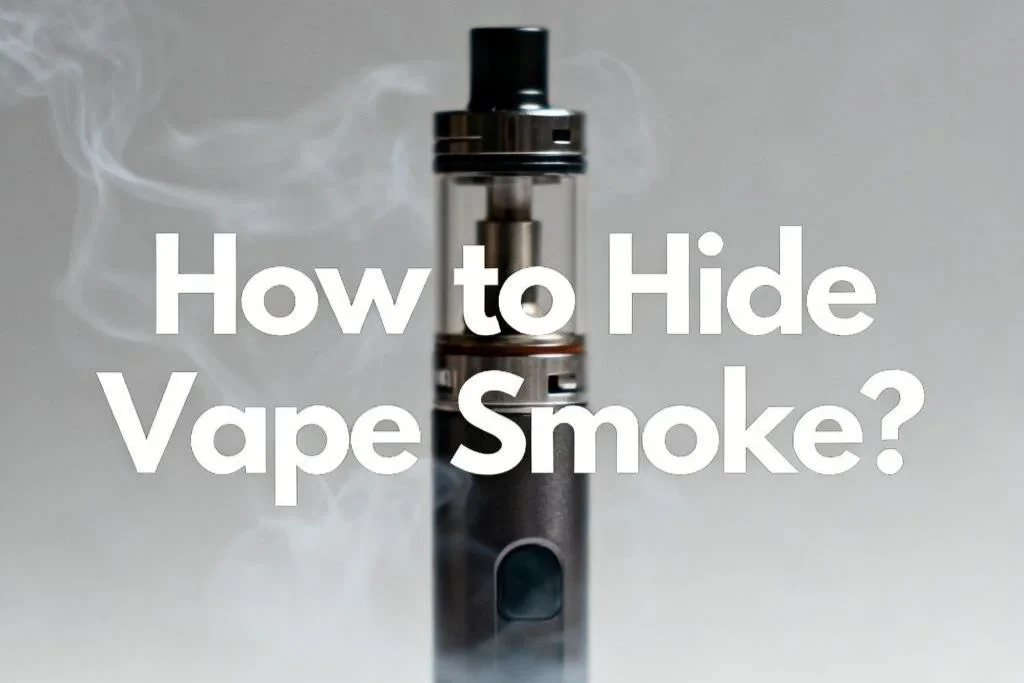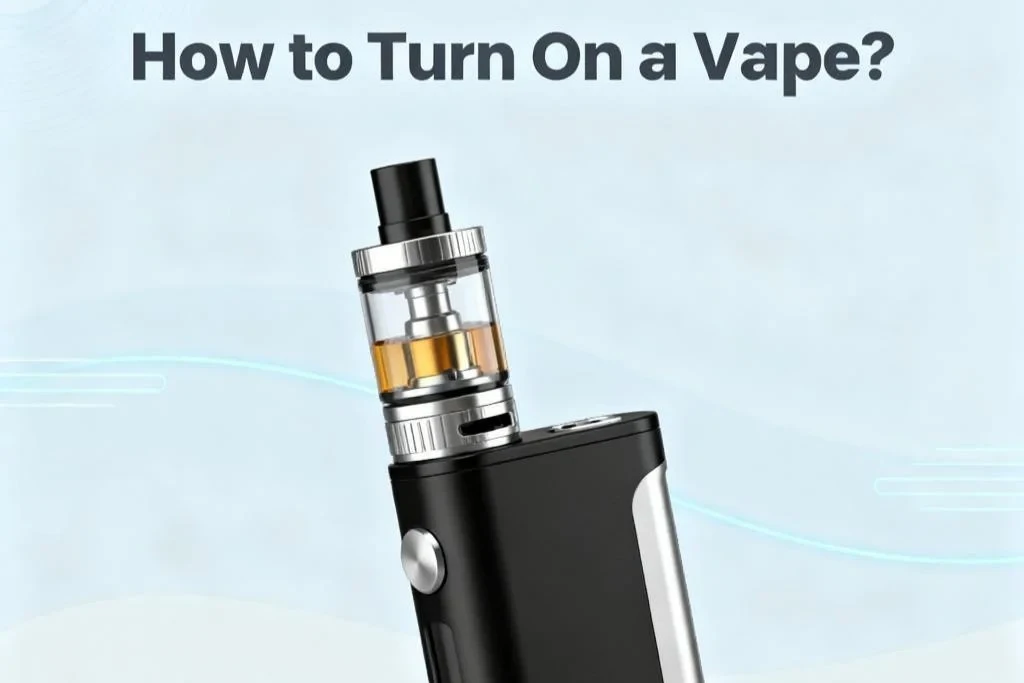DOES VAPING CAUSE HAIR LOSS?
Vaping has become a common alternative to smoking, but concerns about its potential side effects are growing. Among these concerns, many wonder: does vaping cause hair loss? While vaping is often perceived as less harmful than traditional cigarettes, its impact on hair health isn’t widely discussed. This guide breaks down what current research and expert insights reveal about vaping and hair loss.
Understanding Hair Loss: The Basics
Hair loss, or alopecia, can result from various factors including genetics, hormonal imbalances, stress, nutritional deficiencies, and certain lifestyle choices. One key contributor is oxidative stress, which damages hair follicles and impairs growth. Anything that triggers this imbalance, including chemical exposure, may influence hair health.
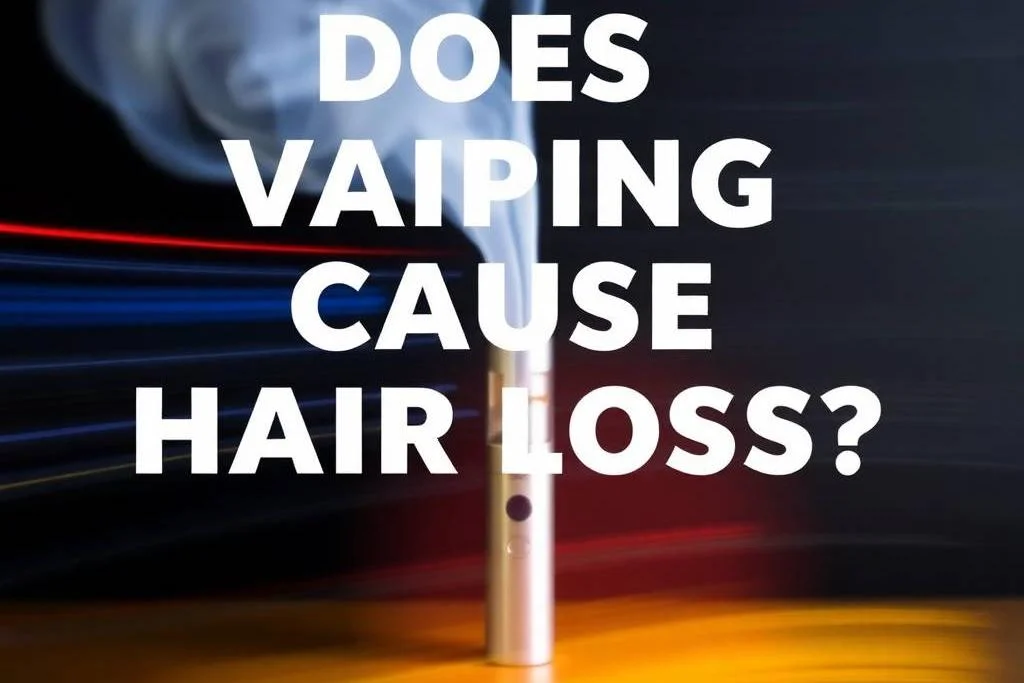
Can Vaping Lead to Hair Loss?
While there is no direct scientific evidence that vaping alone causes hair loss, there are several indirect links that raise concern:
1. Nicotine's Role
Most vape products contain nicotine, a vasoconstrictor that narrows blood vessels and reduces blood flow to the scalp. Hair follicles rely on adequate blood circulation for oxygen and nutrients. Poor circulation can weaken follicles, leading to thinning or shedding over time.
2. Hormonal Disruption
Nicotine and other vape chemicals can influence hormone levels, particularly cortisol, the stress hormone. Elevated cortisol levels have been associated with telogen effluvium, a common form of temporary hair loss.
3. Oxidative Stress and Inflammation
Some e-liquids and flavorings produce free radicals, which contribute to oxidative stress. This stress damages hair follicle cells and may impair the natural hair growth cycle, potentially increasing the risk of premature hair shedding.
4. Nutrient Deficiency
Vaping may suppress appetite or change dietary habits. Poor nutrition—especially a lack of essential vitamins like biotin, zinc, and iron—can significantly affect hair health. Without proper nutrients, the body may prioritize vital organs over hair growth.
5. Lifestyle Correlation
Vapers may also experience higher levels of stress, poor sleep, and other lifestyle habits that independently contribute to hair loss. It's often a combination of these factors rather than vaping alone.
What the Experts Say
While dermatologists and trichologists acknowledge that smoking tobacco is linked to hair loss, the evidence on vaping is still developing. However, many caution that vaping isn’t risk-free and could affect hair through indirect mechanisms. Given the similarities in nicotine exposure, some of the same hair loss triggers in smokers may apply to vapers as well.
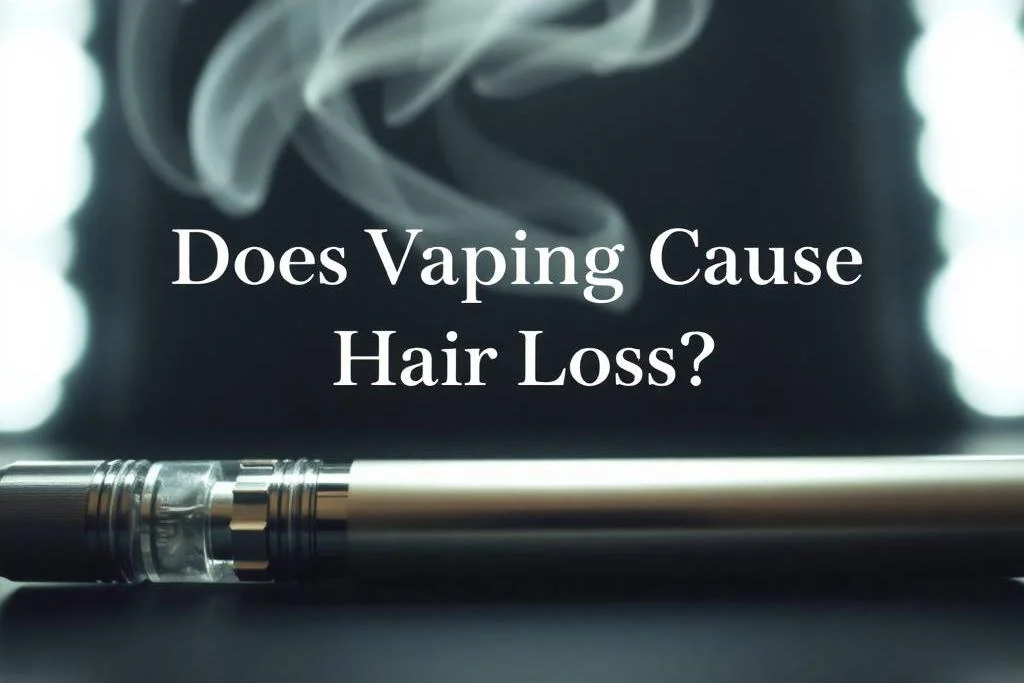
How to Reduce the Risk
If you vape and are concerned about hair loss, consider these steps:
- Switch to nicotine-free e-liquids to avoid blood vessel constriction.
- Maintain a nutrient-rich diet with vitamins that support hair growth.
- Manage stress through sleep, mindfulness, or exercise.
- Stay hydrated and avoid excessive caffeine or alcohol.
- Consult a dermatologist or trichologist if hair thinning persists.
Conclusion
So, does vaping cause hair loss? While vaping hasn't been directly proven to cause hair loss, several factors associated with it—especially nicotine—can negatively impact hair health. If you're noticing unusual shedding or thinning, it's worth evaluating your vaping habits, lifestyle, and nutrition. Addressing these areas early can help prevent further hair damage and support regrowth.
FAQs
1. Can vaping make your hair fall out?
Vaping can indirectly contribute to hair loss, particularly if the e-liquid contains nicotine. Nicotine restricts blood flow to hair follicles, which can weaken them and lead to increased shedding. Additionally, vaping may influence hormone levels and create oxidative stress—both of which can disrupt the hair growth cycle.
2. Is nicotine the reason vaping affects hair health?
Yes, nicotine is one of the main culprits. It acts as a vasoconstrictor, reducing blood circulation to the scalp and depriving hair follicles of essential nutrients and oxygen. Over time, this can impair hair growth and contribute to hair thinning or loss.
3. Does switching to nicotine-free vapes help prevent hair loss?
Switching to nicotine-free vapes may reduce the risk of hair loss caused by poor scalp circulation. However, some non-nicotine vape products still contain chemicals that generate oxidative stress, which can negatively affect hair follicles. A nicotine-free option is safer but not entirely risk-free.
4. Can hair grow back after quitting vaping?
In many cases, hair can regrow after quitting vaping—especially if the hair loss was caused by temporary factors like nicotine-induced stress or nutrient deficiency. Supporting your recovery with a balanced diet, stress management, and hair supplements can improve the chances of regrowth.
5. How do I know if vaping is causing my hair loss?
It can be difficult to pinpoint vaping as the sole cause since hair loss often results from multiple factors. However, if you started noticing hair thinning after beginning or increasing vape use—particularly with nicotine-containing products—it may be a contributing factor. Consulting a dermatologist can help identify the root cause.
